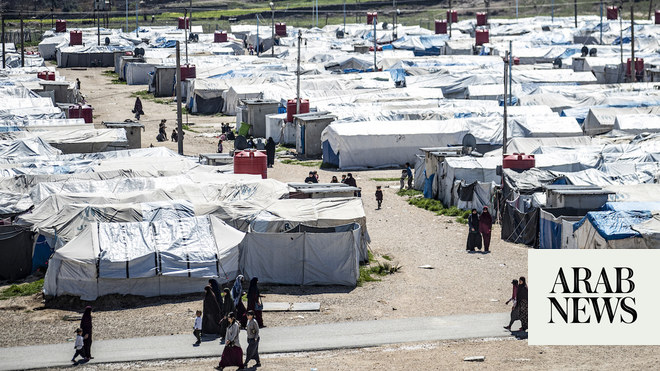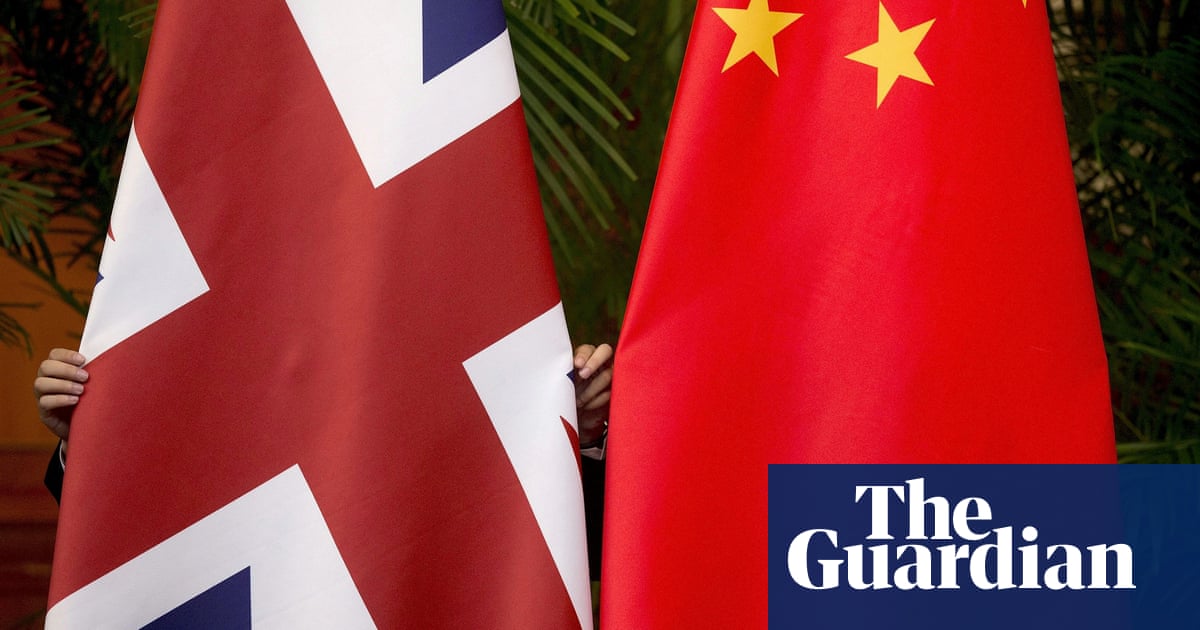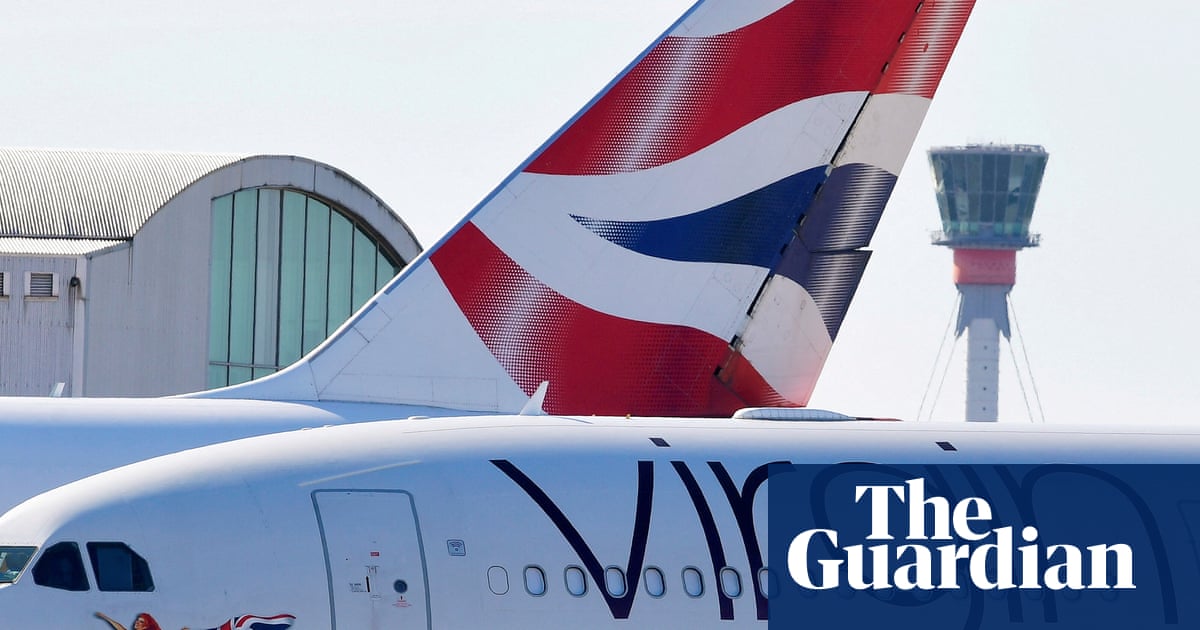
MPs and a human rights group have called on the UK government to repatriate a young British boy and his gravely ill mother from a detention camp in Syria, after doctors said she was at risk of dying and leaving the child orphaned.
The Foreign, Commonwealth and Development Office said it was reviewing the case of Zaid* and his mother, Maryam* – who was injured in an explosion in Syria in 2019 and left with shrapnel in her head – “as a matter of priority”.
However, despite multiple requests over several months to repatriate the family, no action has been taken. Maryam’s condition has continued to worsen and she is unlikely to survive without medical intervention, according to doctors.
At least 30 British children remain in Syrian detention camps in dangerous and squalid conditions, despite warnings from MPs that there was “compelling evidence” that women and children had been trafficked.
Most of the women and children in the camps were captured by Syrian Kurdish fighters, ground troops in the US-led coalition against the terror group, when fleeing IS territory after the fall of Baghouz in 2019.
Al-Hawl and Roj camps in north-east Syria hold 60,000 people; half of those in detention are children aged 10 years or younger. According to Save the Children, at least 163 people died in the camps in 2021, 62 of whom were children. Last year, Danish intelligence confirmed that at least 30 children from the camps had been kidnapped and trafficked by IS, formerly known as Isis.
A report out this week highlighted the worsening conditions inside the so-called “widow camps”, saying “children … have been found to be severely neglected, abused and forced to work, while mothers are at ‘breaking point’ psychologically.”
The human rights charity Reprieve has been working on multiple cases of British children living in dangerous conditions in the camps, including that of Zaid, whose age cannot be given in order to protect his identity.
Maya Foa, director of Reprieve, who visited the pair, said Maryam’s tent was recently set alight and Zaid was forced to drag his mother out to save them both. Arson is a common occurrence as IS followers try to break out of the camps, though there are also often accidents with stoves.
The young boy now “sees fires everywhere”, and remains on constant alert, said Foa. “He refuses to play outside with other children as he is afraid that if he leaves his mother’s side, she might die.”
Andrew Mitchell, Conservative MP and co-chair of the all-party parliamentary group (APPG) on trafficked Britons in Syria, told the Guardian: “The government’s position is surely hard to fathom. Ministers are asking us to believe that this British woman who can barely walk is such a threat to national security that she cannot be brought back home for life-saving medical treatment with her young son.
“Has the UK really become so fearful and so cruel? I urge the government not to risk making an orphan of a young British boy and bring this family home.”
Last week, Germany repatriated 27 children and eight mothers from north-east Syria and in February, the Netherlands repatriated 11 children and five mothers. The UK has so far repatriated seven children but no women.
The Foreign Office responded to a request for comment on Zaid’s case by saying: “There may be British children in internally displaced persons camps in Syria who are innocent victims of the conflict. Where we become aware of unaccompanied or orphaned British children in Syria, we will work to facilitate their return, subject to national security considerations.”
This amounts to a policy of separating children from their mothers, argues APPG co-chair, Apsana Begum. “By choosing to separate British children from their mothers, the government is putting these women in a situation that no parent should ever have to face,” the Labour MP told the Guardian.
“The fact that the government would adopt this brutish approach to tear British families apart shows everything that’s wrong with its counter-productive and unbearably callous policy towards British nationals in north-east Syria.”
During the pandemic, eight children aged under five died within days of each other as humanitarian organisations’ access to the camps was reduced. Their deaths were linked to conditions such as heart failure, internal bleeding and severe malnutrition, and could have been treated.
Although the government claims to assess each repatriation request on a case-by-case basis, letters with similar wording have been sent to British mothers refusing to assist them.
“These letters suggest a blanket policy of offering to separate mothers from their children – something the government has previously said is wrong,” said Foa. “Any child psychologist would tell you this is incredibly damaging and the policy is also totally out of step with our international partners.”
In a statement for the Guardian, Maryam’s family said: “The UK government can easily repatriate them and save their lives if they wanted. But instead, every day we expect a call telling us the worst has happened. We feel completely helpless and just want them home where we know they are safe.”
Last month, more than 8,000 Reprieve supporters wrote to the foreign secretary, Liz Truss, asking the government to repatriate Zaid and his mother so that she could receive the urgent medical care that she needs.












